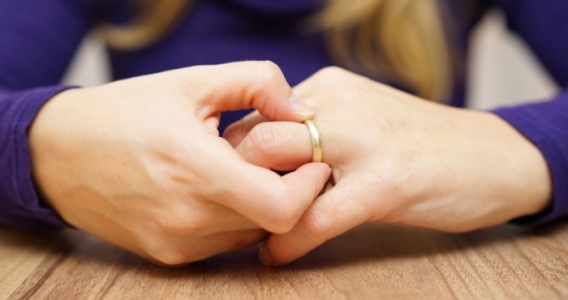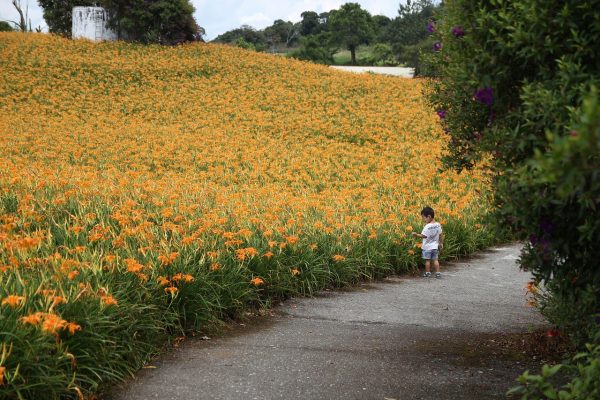After the unveiling for my husband, Richard, 13 months after his death at age 70, I knew I wanted to take off my wedding ring. Many women never take off their rings, moving them to the other hand, or making them into necklaces. Others take them off without ceremony, when suddenly it feels right. I wanted to take off my ring, but I needed a ritual to acknowledge that Divinity was present, even at this moment of loss.
Although I will forever be grateful that Rich had been a part of my life, I wanted to signify that I was no longer his wife. And I wanted to thank the close group of friends whose presence during that first year enabled me to survive the loss. I wanted the ceremony to be intimate and Jewish, and I wanted it to take place in my home.
Here, the core of the ritual:
I said: “Through this year, with the help of all of you, I have learned that grieving is not about forgetting. As Naomi Remen wrote: Grieving allows us to heal, to remember with love instead of with pain. It’s a sorting process … One by one you let go of the things that are gone and mourn them. One by one you take hold of the things which have become a part of who you are and build again. Taking off my wedding ring in the presence of all of you whose support has made it possible for me to turn the pain of his loss into the blessing of memory, is the next step in my moving forward and building again. So first I want to say thank you. And second, I ask you to be witnesses to my moving forward, and to continue to support me as I begin this next stage of my life.”
Then I took off my ring and gave my ring and Rich’s ring to the two friends who had been the witnesses at our wedding. They put the rings into a macramé bag that Rich’s mother had made long before, along with a klaf, a scroll that is the section of Torah usually placed in a mezuzah.
One of these friends read a prayer:
“Blessed are you, Adonai our God, whose presence fills creation, who fashioned a covenant of love between Richard and Laura, a covenant of kindness and faithful trust, of justice and peace, of compassion and everlasting love. The wings of your shechinah helped them to guard and keep one another, and now will keep Rich in Laura’s heart as you give her the courage, curiosity, sense of adventure and strength to move forward. Bless this home as it becomes Laura’s home, making room for a loving community of family and friends, old and new, young and old. Blessed are You, Adonai, guardian of compassion, who renews the covenant.”
After two other friends offered me their personal blessings on behalf of all those present, we made Havdalah, acknowledging that, like the end of Shabbat, this moment too was a moment of separation, and of bringing the sweetness of my partnership with Rich into the rest of my life.
Everyone present was invited to offer a blessing for me by filling in this sentence with just one word:
“As Laura moves forward in her life my blessing or wish for her is _______________ .” Then we extinguished the havdallah candle into the wine.
Weddings end with the breaking of a glass. At our wedding, Rich and I did this together. Now I broke a glass alone, symbolizing, as the first broken glass did, that the world we live in is broken. In our marriage, both of us had worked in our own ways to repair the broken world. In breaking the glass alone, I committed to continue to do that work as I go forward in this next stage of my life.
We concluded by hanging the macramé bag, now a mezuzah containing the two rings, on the door to the living room which will continue to welcome a loving community of family and friends, old and new, young and old.
For those of us for whom ritual matters, marking these transitions honors the Torah of our lives and connects us to community and to Divinity.
Republished with permission from Lilith.













One Response
Beautiful, moving & inspiring. Thank you for sharing. May you be blessed with love & good.